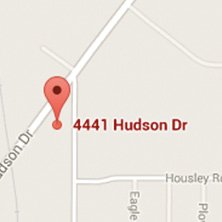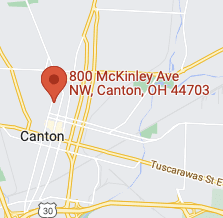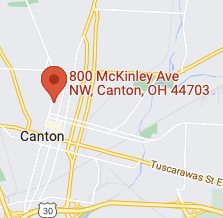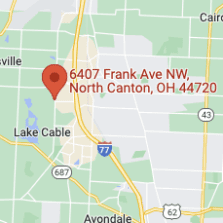The cornea is the clear, front part of the eye that covers the iris and pupil. It allows light to pass through your eye and focuses light on the retina so you can make out images. If you imagine your eye as a camera, the cornea is the lens.
There are 5 layers to your cornea, each with its own function. As you would expect, issues or damage to any layer can lead to vision complications and loss. Taking care of your cornea—typically through routine eye exams—can help you avoid vision problems or potential blindness.
If you’re experiencing vision problems or were recently diagnosed with corneal damage or disorders, our doctors can help. First, let’s explore how disorders and damage can lead to blindness or other issues.
Corneal Disorders
Corneal disorders can range from disease and damage to tearing and scarring. They all have one thing in common: they negatively impact your vision. Several corneal diseases, such as keratitis, dry eye, and more, can cause pain and tearing, and interfere with visual sharpness. If you have an eye disease or a damaged cornea that is unchecked and untreated, it can result in corneal blindness.
Corneal disorders include:
You should see an eye doctor regularly. Even if you don’t have vision problems, a routine eye exam can help you get ahead of potential problems and alert you to diseases or conditions that do not have noticeable symptoms.
Corneal Damage & Infections
Keratitis is a term eye doctors use to describe an inflammation of your cornea. Several things can cause infectious keratitis, including bacteria, viruses, fungi, and parasites.
Cornea damage can be the result of an eye injury, extremely dry eye, or prolonged contact lens wear. These are considered to be non-infectious cornea conditions. Some non-infectious cornea conditions can be inherited or degenerative.
For example, corneal dystrophy is a rare condition that causes change to the cornea and usually affects both eyes. If left untreated, it can lead to vision loss. Although it’s rare, this infection can be inherited. Knowing your family history can help you prevent vision loss from a corneal infection.
Whether it’s a non-infectious or infectious corneal issue, the best chance at preventing it from interfering with your vision is getting it checked by an eye care professional. This is especially important if you have a family history of corneal disease, as some may be passed down.
Common Corneal Injuries
- Foreign objects in the eye
- Chemical irritation
- Sand/dust in the eye
- Radiation (from excessive sun exposure, sun lamps, welding, and more)
- Contact lenses complications
Discuss Your Symptoms or Have Your Eyes Checked By Our Eye Doctors
Ignoring corneal problems can only make symptoms and results worse. If you’re experiencing any of the symptoms on the right, you should make an appointment at one of our many locations. Our eye doctors will take you through an exam to determine what’s causing your cornea condition and provide you with practical solutions. Take the first step to protecting your eyes and preserving your vision today—schedule an appointment.
Corneal Condition Symptoms
- Eye pain
- Blurred vision
- Tearing
- Redness
- Extreme light sensitivity
- Corneal scarring
Sources Cited
Corneal disease (no date) Research to Prevent Blindness. Available at: https://www.rpbusa.org/rpb/resources-and-advocacy/resources/rpb-vision-resources/corneal-disease/#:
Corneal ulcer: Causes, symptoms, diagnosis, and treatment (2023) WebMD. Available at: https://www.webmd.com/eye-health/corneal-opacities.
Tidke, S.C. and Tidake, P. (2022) A review of corneal blindness: Causes and management, Cureus. Available at: https://www.ncbi.nlm.nih.gov/pmc/articles/PMC9643016/Review-of-corneal-blindness/














Recent Comments